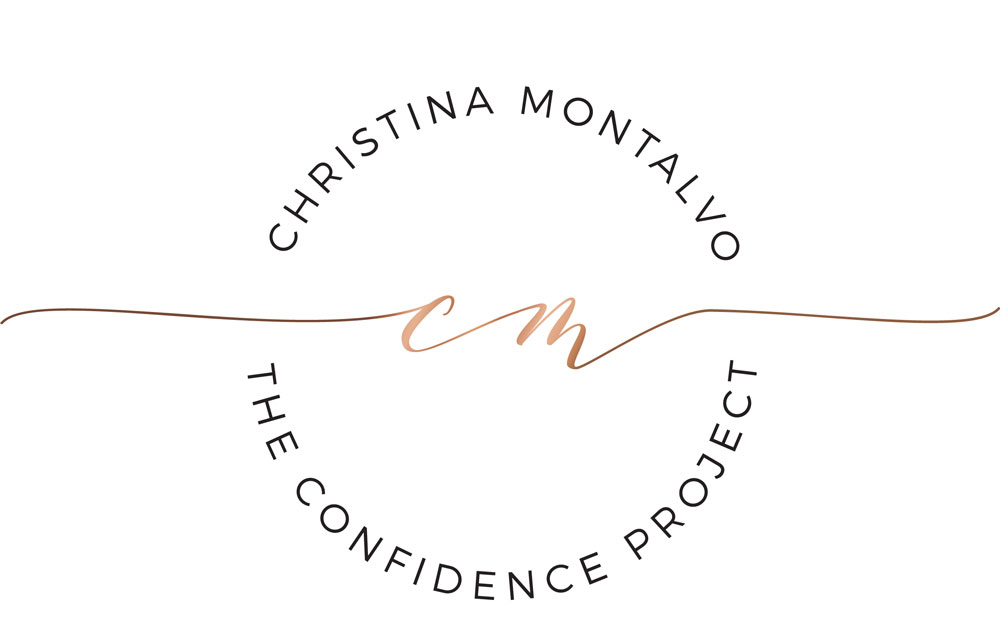3 common eating mistakes you might be making:
- Going too long between meals
- Not eating enough at meals
- Trying to eat too healthy/not enjoying meals
Going too long between meals
Ideally, you’ll want to eat something every 3-4 hours. Obviously things like work and other commitments can get in the way, but this is a good rule of thumb to begin following.
We are warm blooded mammals, this means we need plenty of food at regular intervals throughout the day.
Consequences of going too long between meals:
- blood sugar crash
- increased cravings
- increased hunger signals (especially in the evening)
- low training/exercise motivation
- desperate to eat more calories (evening binges, anyone?)
How to fix it:
- plan your day around eating every 3-4 hours
- bring plenty of food with you for your day, including snacks for the commute into and out of work
Example day of eating:
- up at 6am
- breakfast between 6:30-7:30
- snack at 10:30
- lunch at 12pm
- snack at 2:30
- snack at 4 for commute home
- dinner at 6pm
- snack at 9pm
These are not hard and fast meal times, but rather to be used as a guide.
Each day will bring about more or less hunger, depending on hormone levels, activity levels, and meal composition. The goal is to eat at regular intervals most days of the week.
I can almost guarantee that if you committed to eating more food at regular intervals throughout the day, you’d notice a huge difference in your energy, mood, hunger, cravings and maybe even exercise motivation.
Not eating enough at meals
“Eating enough” is subjective and will change person to person, day to day, meal to meal. Only you know if you’ve eaten enough at any given meal.
The consequences of not eating enough are similar to the above. If you’re not eating enough at meal times, you’ll be hungrier than you need to at a later time. This leads to those nights where you can’t stop eating chips, cookies, cake, or candy.
It sounds counterintuitive to folks who are trying to lose weight, eat ‘healthier’, or eat less- but eating more is the key.
Your meals should be following this nutrition framework to make sure you’re getting in the proper combination of nutrients to keep you satisfied and fueled properly.
How to fix it:
- plan most meals around protein + carb sources
- make sure to add something that tastes good (dietary fat) which keeps us fuller for longer
- bring nutrient-packed snacks with you. Things like nuts, avocado, cheese, and nut butters can help
- easy to eat protein like protein shakes or protein bars can help in a pinch
Eating ‘too healthy’
“Healthy eating” is often conflated with “low calorie.” Not eating enough calories will bring similar issues as the above. Calories are units of energy. If you’re not eating enough energy, your body will compensate by:
- Lowering training motivation to conserve energy
- Cravings + uncontrollable hunger (to get you to eat more calories)
- Not feeling satisfied after a meal can lead to more hunger cues
How to fix it:
- Know that “healthy eating” isn’t really a thing (it’s not)
- Learn how to compose a meal properly
- Add one “taste good” category to each meal
- Plan for treats throughout each day
Examples:
- peanut butter on your toast, apple, or banana
- bring chocolate with you to work and eat it
- buy single-serving bags of chips or portion out from the big bag, bring to work, eat chips every day
- plan to eat ice cream when you get home from work (yep, serious)
I know it sounds counterintuitive to eat more meals, intentionally include more calorie-rich foods, and to try to lean slightly away from a “healthy food only” mindset- but I can assure you, this is the way to begin nutrition progress. Every other approach is a diet- which, no matter how high your motivation is and no matter how great your intentions are will backfire. Remember, 97% of intentional weight loss pursuits fail, resulting in more weight gain than when you started.


